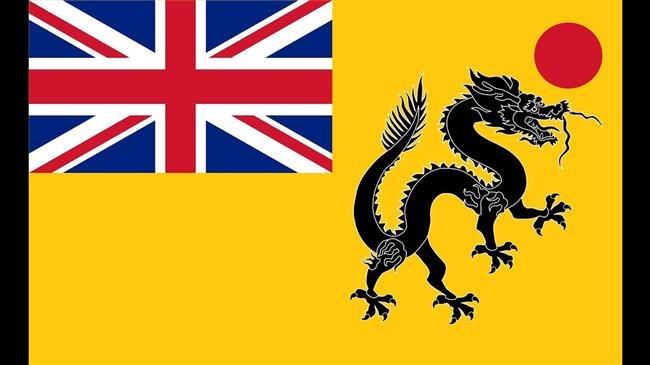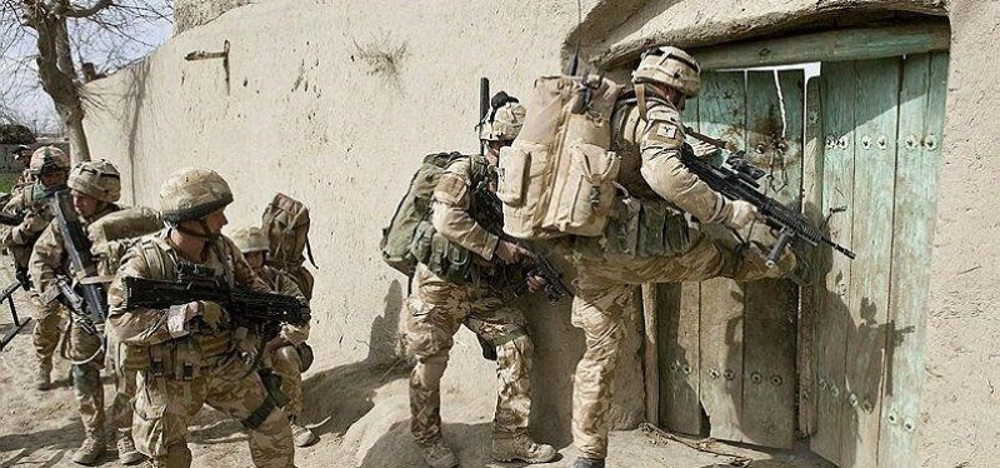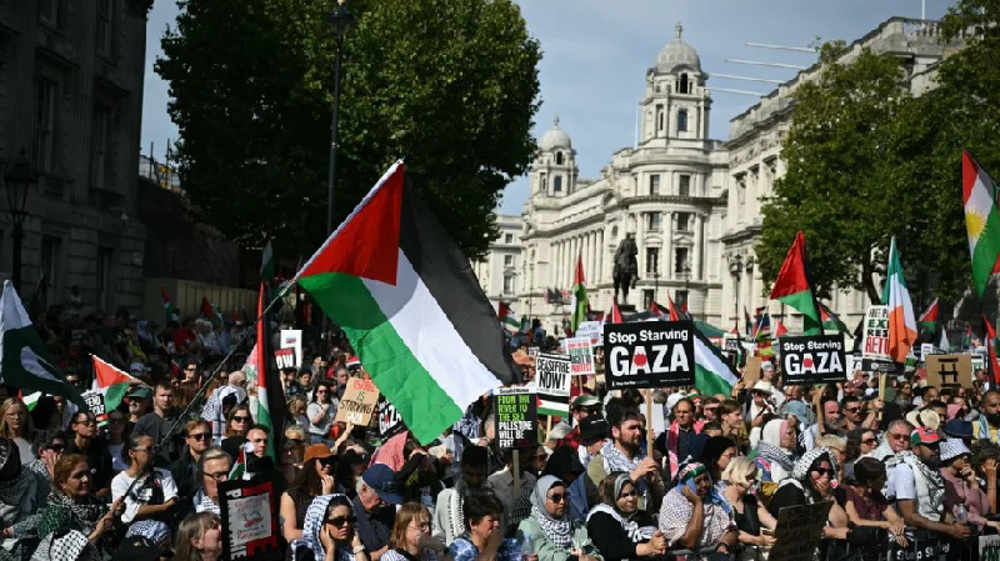Britain’s neo-colonial over-reach: Focus on Hong Kong and Taiwan
Newly-appointed British foreign secretary, Dominic Raab, has called for an “independent investigation” into the recent protests in Hong Kong.
British Foreign Secretary Raab’s intervention comes on the heels of an intensifying diplomatic spat between the United States and China over Hong Kong.
On August 8th, US State Department spokesperson, Morgan Ortagus, called China a “thuggish regime” for allegedly disclosing the personal details of an American diplomat.
The diplomat in question had tried to interfere in China’s internal affairs by meeting with student leaders, who have been spearheading Hong Kong’s protest movement.
The Hong Kong newspaper, Ta Kung Pao, had published a photograph depicting the US diplomat meeting student leaders in the lobby of a luxury hotel under the headline: “Foreign Forces Intervene”.
By calling for an “independent investigation” Raab risks inflaming tensions between China and the ‘Anglo-Saxon powers’, as some still call the US and the UK.
The protests in Hong Kong began nine weeks ago after some student groups objected to a proposed extradition law to mainland China. But the protests have continued, even after the Hong Kong government, led by Chief Executive Carrie Lam, scrapped the proposed extradition bill in mid-June.
In recent weeks Hong Kong “protestors” have become increasingly violent and radical. In early July “students” stormed and vandalized Hong Kong’s parliament. In a highly provocative act a “student” was photographed hoisting the colonial era flag inside the parliament.
These provocative acts have raised suspicion that the “protestors” are advancing a foreign agenda, in Hong Kong, with a view to weakening China’s control over its own territory.
Former British foreign secretary, Jeremy Hunt, lent credibility to China’s suspicions by underlining “UK support for Hong Kong and its freedoms” on the same day “protestors” stormed Hong Kong’s parliament and defaced it.
Hunt’s approach to the unrest in Hong Kong, which has now been adopted by his successor Dominic Raab, appeared to be informed by colonial-era rhetoric (which refuses to accept Hong Kong’s return to China in 1997) and a calculated plan to support overall US policy toward China.
The same approach, albeit at a less dramatic level, appears to underpin Britain’s policy toward Taiwan.
The strength of UK-Taiwan ties was underscored by Taiwanese President Tsai Ing-wen last November when she praised the “robust economic and trade relations” between the two powers.
Whilst officially a “state”, in practice, Taiwan’s political status is uncertain. China claims Taiwan and tends to impose diplomatic sanctions on countries which recognize it as a separate political entity.
Taiwan officially calls itself the “Republic of China” (ROC) – as opposed to the Chinese mainland which is known as the “People’s Republic of China” – but it is only recognised as a state by no more than 16 member states of the United Nations.
Taiwan’s main backer is the United States, and American support is widely seen as the main obstacle to Taiwan’s political reunification with mainland China.
In recent years there has been a shift in Britain’s position on Taiwan, from one of quiet support of anti-China political factions on the island, to one of overt interference in the dispute between the island and the mother country, China.
This shift was dramatically underlined by Taiwanese President, Tsai Ing-wen, who said in early January 2019 that she “welcomes” the establishment of a “British military base in the South China Sea” to ostensibly “defend” against Chinese threats.
Ing-wen’s open call for a British military base on the self-ruled island came in the wake of aggressive British military posturing in the South China Sea. In 2018 the UK sent a succession of warships, including HMS Sutherland, HMS Albion and HMS Argyll, to the Asia-Pacific region to send the “strongest signals” to China.
Thus, as in the case of Hong Kong, the UK is using the Taiwan dispute to inflame tensions with China as part of a broader US strategy of arresting China’s momentum as an emerging global power.
By Rupert Cansell, Investigative Journalist
Hamas warns against Israel's plans to 're-engineer' Gaza
VIDEO | South Koreans join migrants in Seoul to protest on Migrant Workers' Day
VIDEO | Press TV's news headlines
VIDEO | Iraq, UN officially mark end of UNAMI mission in country
VIDEO | Chileans head to the polls as presidential vote opens
US would face defeat in armed conflict with Venezuela - as in 12-day war: Envoy
Israel’s killing of senior commander threatens Gaza ceasefire: Hamas
Iran condemns ‘violent’ attack on Jewish event in Australia










 This makes it easy to access the Press TV website
This makes it easy to access the Press TV website